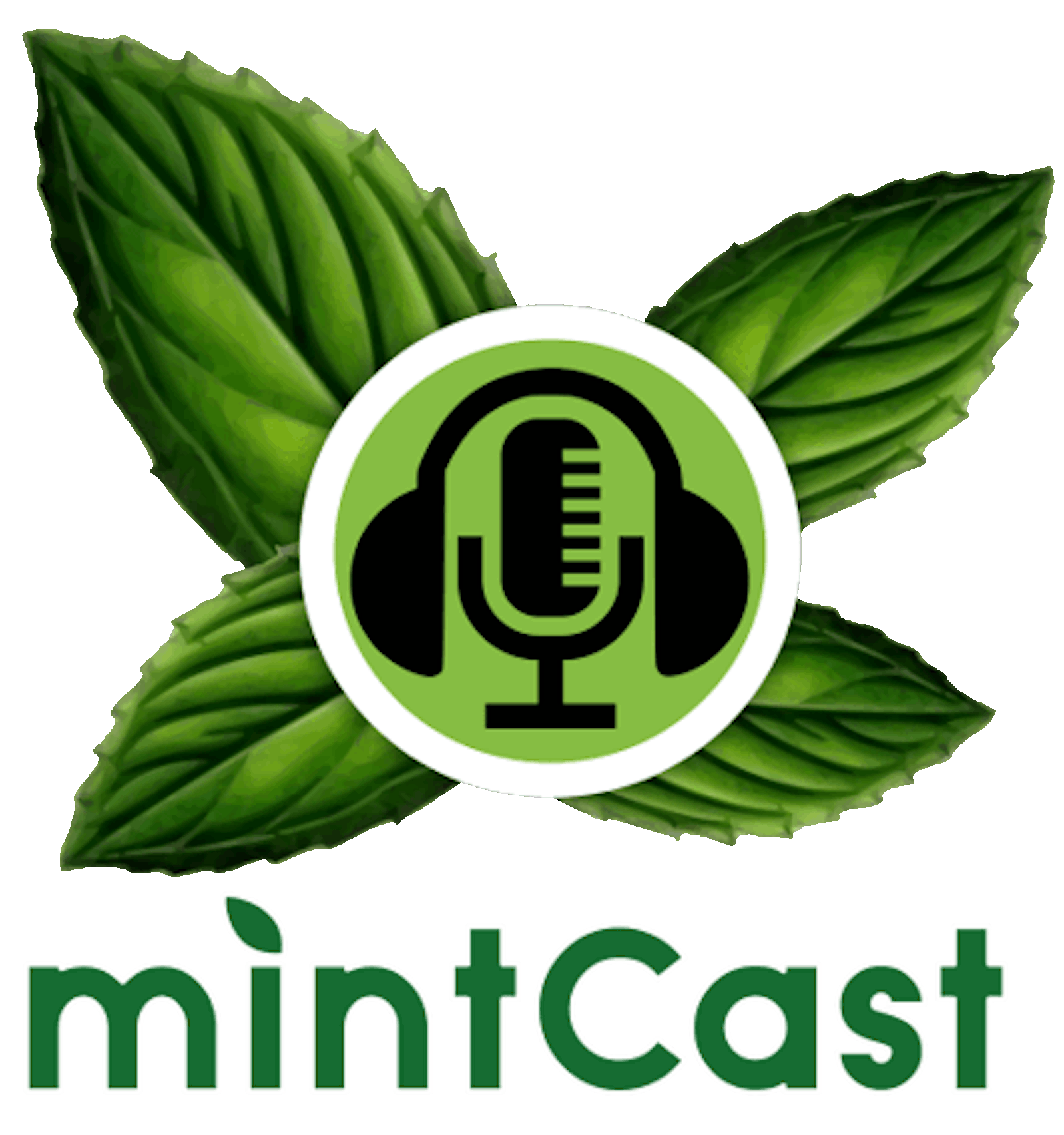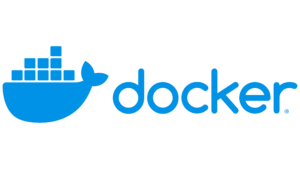mintCast 317.5 – Peer into the Void
This week, in our Innards section, we interview Toyam Cox, maintainer for Void Linux.
INNARDS:
- Toyam, Would you like to tell us a little about yourself and how you got involved with Void Linux?
-
- Started coding early
- First Linux was Gentoo dual booting (dedicated disk) on a PPC Apple Xserve G4. Took me three months from first boot of installation media to first graphical program running, but oh boy did I learn things.
- Many years and many computers later, hanging out in a university computer lounge, reinstalling Gentoo with a ZFS root on my Thinkpad E545 after failing to get OpenBSD on it a few times and a memory stick going bad… I was fed up with fiddling and decided to try this distro another guy had been raving about.
- For one class I needed SPIM. It wasn’t available on Void. So I packaged it.
- Later was responsible for a several-node compute cluster on campus, and after failing to put FreeBSD on it due to unsupported hardware (I’m hazy on the details now, but I got a dmesg out to a relevant FreeBSD dev) I decided to go with Void.
-
- But Void didn’t have any clustering software. So I started packaging that stuff.
- While I was packaging, I got feedback from maintainers about how to package. So I started giving it out to other people in their pull requests.
-
- Later hanging out in IRC, xtraeme, the project founder, said “Hey, we need more maintainers. Vaelatern and ebfe seem good. You two want to join?” I said yes, and a week later I had a commit bit.
- What differentiates Void Linux from other distros?
- A system that just feels easy to use. Most complicated actions are mandated by upstream software authors, and not added by the distro. This is partly necessary because googling Void specific ways of doing things is unlikely to help.
- LibreSSL.
- Very easy contributing, when compared to the paperwork involved at the classic Big Distros.
- An easy init system.
- Oh, rolling release. No effort involved in making a full update to the latest software. I’ve personally updated 15 month old systems, people have successfully updated many year old systems with only minor intervention.
- What kind of people use Void Linux?
- People who are not afraid of the command line.
- People who want recent but not broken packages.
- People who don’t need a major support contract, but don’t want to tinker with their systems forever.
- People who want a system they won’t be afraid to change or update.
- Family members of such people, or users of systems such people administrate.
- Until last month, there was an installation with about 500 users on a state university campus. The vast majority of users were not technical.
- I crowdsourced this question in our IRC room, and got:
- “I like Void because it’s minimal on the bull
- “Rational, efficient”
- People who agree with the technical and philosophical choices.
- Are you responsible for any particular packages?
- I mean, sure? The core maintainers are responsible for the whole body of packages. Some maintainers just have more state about certain packages than others.
- About 59 templates out of about 7090 bear my email address.
- ZFS and OpenJDK I inherited from another maintainer. There is some magic involved with systems quite that big.
- NeoMutt
- Prometheus
- Saltstack
- I wish I could finish my package for asterisk, but it’s a constant yak-shaving adventure every time I try. We had it PRed in at one point but that’s lost to the memory hole by now. Someone told me they wouldn’t consider Void Linux because we didn’t have package maturity as measured by his personal litmus test: asterisk.
- What is on the future roadmap for Void Linux?
- Stability. We are considering some software improvements, infrastructure improvements (sorry maldridge, I know that one is waiting on me), and repository improvements, but we have real world users and we respect them and their wishes to not have their computers break under them.
- Can you explain a bit about how packages are maintained?
- Very git heavy workflow, classic pull request model. Our templates are very low overhead, despite everything we can do with them, and most updates are 2 line diffs.
- We depend on our contributors. The core team does not have the time to handle thousands of packages without interested parties stepping up and contributing updates and fixes.
- We have a single bash program that builds every package, including handling cross builds.
- It’s called xbps-src, and it’s actually so useful that a research team leveraged it when creating and testing a new instruction set, the “landhere” instruction set. http://landhere.galois.com/
- As best as I know the research didn’t get picked up after the grant ran out, but I don’t know enough to comment intelligently on the topic.
- It’s called xbps-src, and it’s actually so useful that a research team leveraged it when creating and testing a new instruction set, the “landhere” instruction set. http://landhere.galois.com/
- Why no SystemD?
- We were actually an early adopter, this is long before I showed up, but they tie themselves too closely with glibc, and Void Linux really wanted to support muslc. So Void had to choose a different init system. I don’t know how, but we ended up with runit, and it’s been great.
- What would you say drives you to put your talents to work on a project like Void Linux instead of another, bigger project like Ubuntu?
- I work on Void Linux so I have a distribution I like using. One reason I started contributing is that feeling “This would be perfect, if only…” and the fact that I could fix that problem myself. There was no change process, nothing except a quick trip to github and a few days to try and get a package in. This is with zero packaging experience at this point, mind you. My package was still accepted.
- I have used other distros, and they have their places, but Void works for me, and, when I don’t want to be tinkering with Void, it helps me be more productive. My computers work for me, instead of me for them. If I don’t want to be worrying about my Linux, I don’t have to. And therefore, to make sure this distribution will be here tomorrow, next week, next year, (IN TEN YEARS), I donate time to the project.
Void Linux
-
FEEDBACK:
- Peter Jones on Telegram writes
Nice interview with Leo. (Ep316.5) I agree about the idea of tutorial based episodes. Just needs to be backed up by maybe a pdf cheat sheet or fact sheet.
Tony – While I was on the Big Daddy Linux Live cast this morning 1-4am my time, I received some great general feedback about the show and what we are doing since we took it over from Rob and Isaac. The general consensus was, keep doing what we are doing, they think the balance is right with content aimed at both newer users and more experienced Linux users. Josh has his own fan group and him joining the show is seen as very positive.
- Bill wrote:
I’m really loving the shows! Great work guys! I’m an long-time Mint enthusiast
- Eric Adams Tweeted
Really enjoyed the latest @mintcast. The interview with @leochavez was great. Thanks for giving me something to listen to on a long ride home!
CHECK THIS OUT:
- Leo – The Linux Command Line – A Book By William Shotts
- Joe
- http://overthewire.org/wargames/bandit/
- Toyam vouches. Lots of fun!
- http://overthewire.org/wargames/bandit/
- Toyam recommends the book “Soul of a New Machine”
WRAP-UP:
- Toyam Cox — voidlinux.org, github.com/void-linux, #voidlinux on freenode
- Joe – www.Tllts.org www.linuxlugcast.com MeWe [email protected]
- Bo – undercastnetwork.com
- Moss – Triad Bardic College, Peaceful Hippo, MeWe, music on Bandcamp and all over YouTube (search for Moss Bliss, ignore the young black South African gospel singer), [email protected], [email protected]
- Tony Hughes – HPR – http://hackerpublicradio.org/correspondents.php?hostid=338
- Occasional Blog https://tony-hughes.blogspot.com/
- Twitter @TonyH1212, [email protected] [email protected]
- Tony Watts – [email protected], Echoes of Savages (band)
- Josh – [email protected], [email protected], edublocks.org and @all_about_code on Twitter
- Leo – leochavez.org and @leochavez on Twitter, and Full Circle Weekly News
Before we leave, we want to make sure to acknowledge some of the people who make mintCast possible …
- Josh Lowe for all his work on the website and the livestream (We’ve had over 60 listeners today on the backup mixer platform and brought on some new listeners who’ve never heard of the podcast)
- Bytemark Hosting for hosting mintcast.org and our Mumble server
- Archive.org for hosting our audio files
- The Linux Mint development team for the fine distro we love to talk about <Thanks, Clem!>
Podcast: Play in new window | Download
Subscribe: RSS




OK, where is the MP3 version?
I produced and hand out a fat32 USB thumbdrive collection that includes the MP3 versions of notible podcasts for newcomers at my monthly Linux Users Group meetings.
The last time I tried, I could not play OGG files on a Microsoft Operating System. I presume that Linux newcomers that don’t already have Linux installed won’t likely have the knowledge, skills, aptitude, nor tools to convert OGG to MP3.
Yes, VLC will play OGG sound files. But, would Linux newcomers that are likely only on a Microsoft Operating System have VLC loaded?
I try not to assume too much knowledge, skill, aptitude, nor tools among the Linux newcomers. They are usually smart; but lack experience.
Would a typical Microsoft OS user be able to play OGG files from a web site that only had OGG files?